Letter to My Asian American Students
A high school social studies teacher critiques Asian Pacific American Heritage Month in a moving letter to his students.
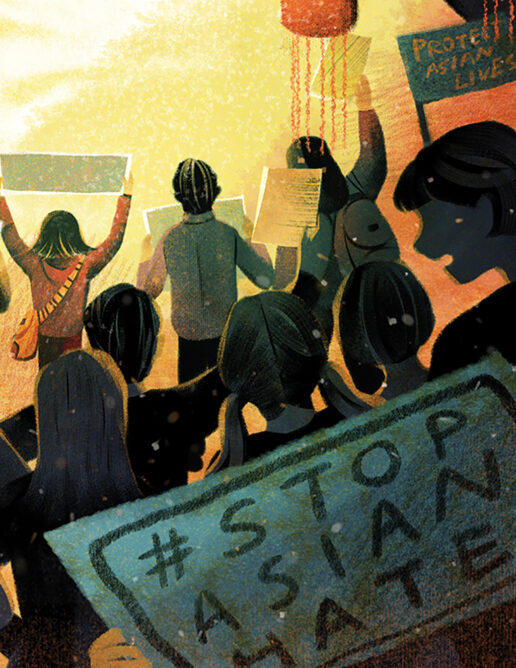
A high school social studies teacher critiques Asian Pacific American Heritage Month in a moving letter to his students.
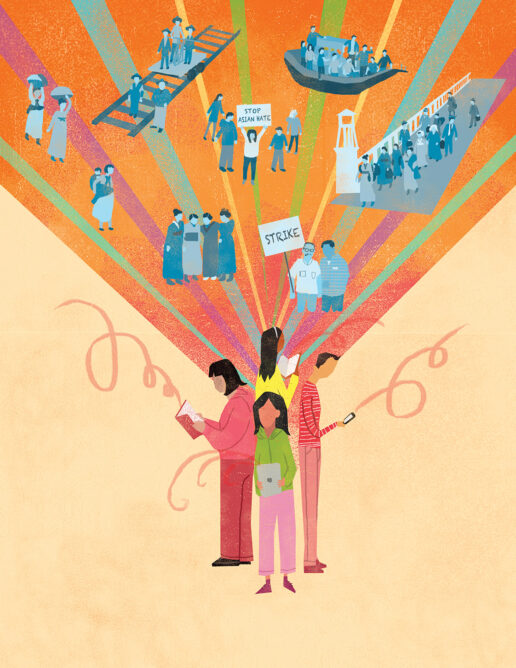
Four Asian American middle school students connect and grow during the pandemic through a virtual book club focused on Asian American history and literature.
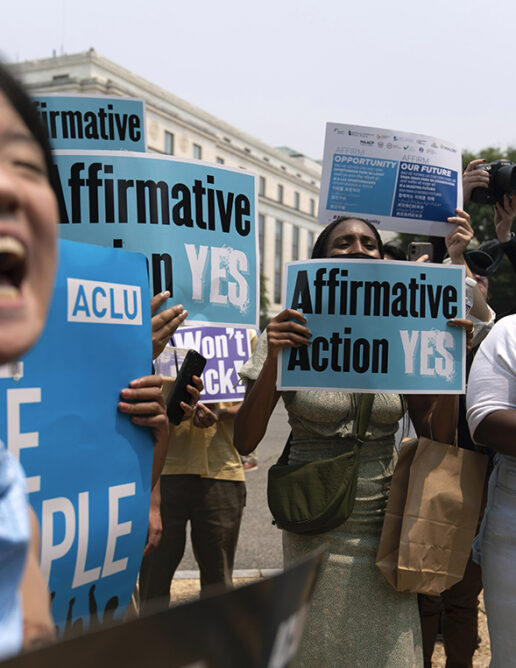
Interrogating the recent Supreme Court decision ending affirmative action in college admissions, Au dismantles conservative arguments that pit Asian Americans against other people of color.
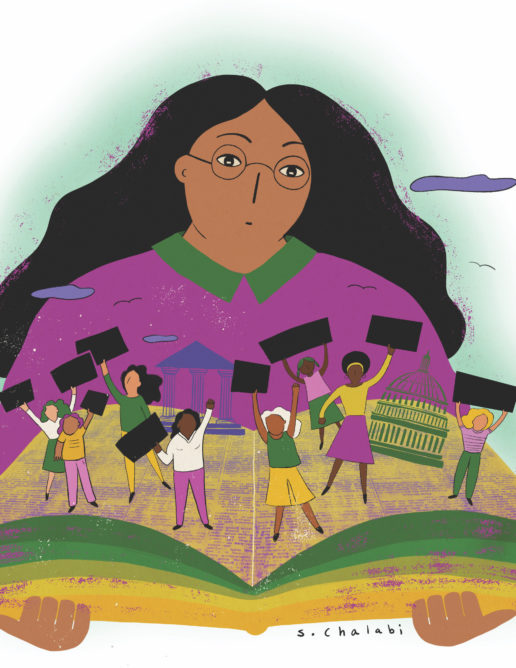
There is no end-point in the fight for justice and equality, no moment when the argument is finally settled. As Angela Davis has said, “Freedom is a constant struggle.” Although that proposition seems exhausting, it is also hopeful. If our wins are never wholly secure, then neither must our losses be permanent. The struggle for reproductive justice continues, and our curriculum must nurture our students’ capacity to envision and participate in its next stages.
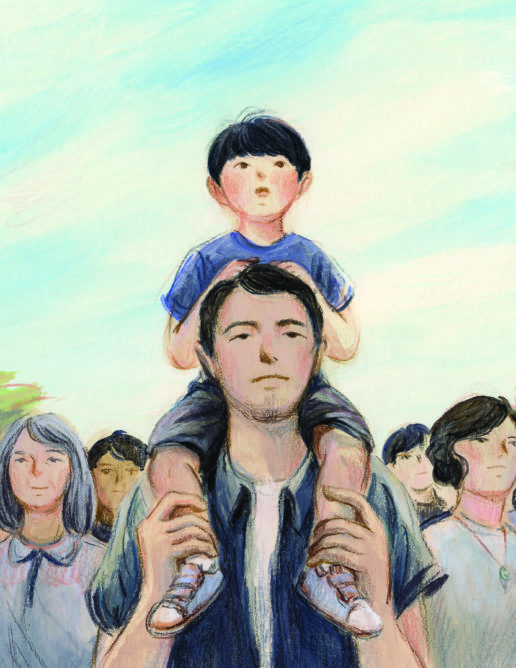
Although the increase in anti-Asian attacks has been hard for all of us, the murderous killing spree in Atlanta had our families, our youth, and our communities spiraling. From a […]
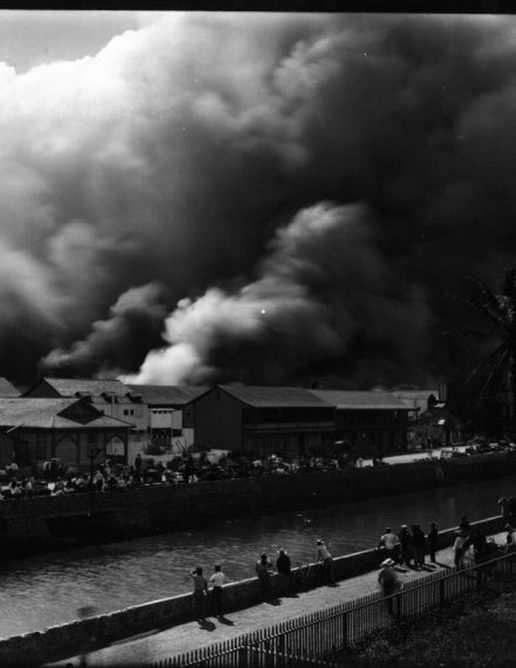
On April 20, 2020, blogger LittleGrayThread made a Facebook post of a note her daughter had written. She reported that in a Zoom class meeting, one of her daughter’s 2nd-grade […]
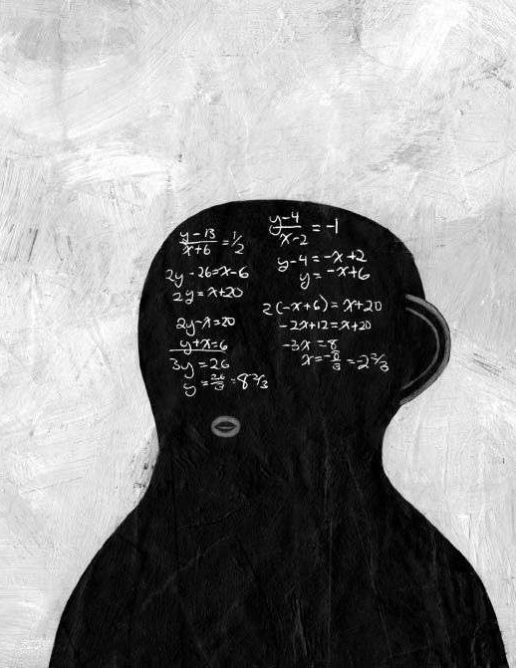
Have you ever sat next to an Asian student in class and wondered how she managed to consistently get straight A’s while you struggled to maintain a B-minus average? -from Top […]
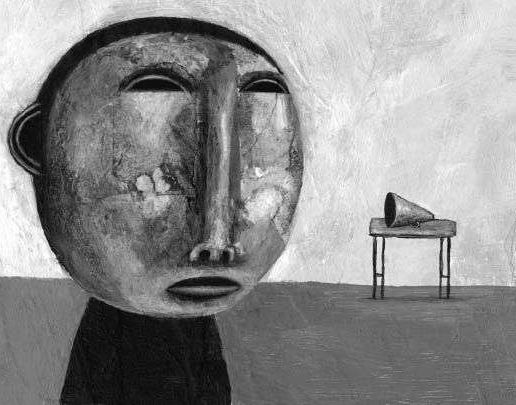
None of my schools issued uniforms. What I did wear was a uniform in my head which kept me in line, out of trouble. It was a suit which had […]
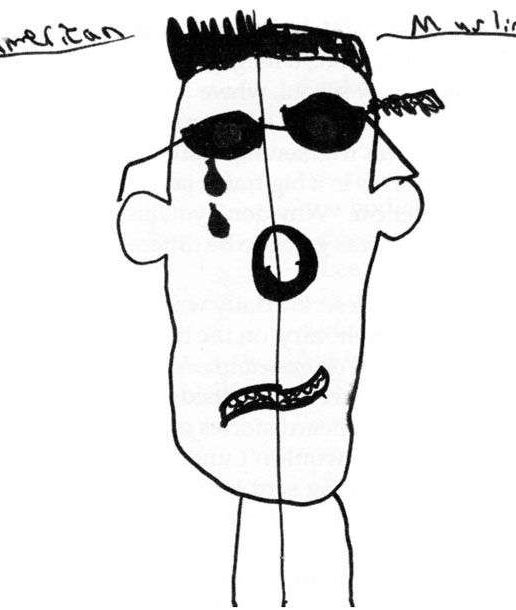
Michelle Fine describes the issues faced by U.S. Muslim-American youth following not only 9/11 but the U.S. invasion of Iraq.

One of the founders of a folk arts-based school slated to open in Philadelphia this fall hopes small schools can create possibilities for reclaiming communities.
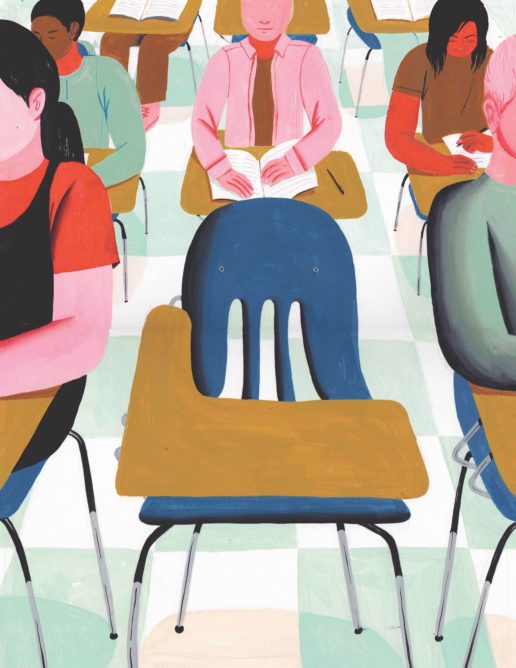
A high school teacher explores how the dynamics of a classroom can change when a student leaves and what the effects can be on that student, the other students, and the teacher.
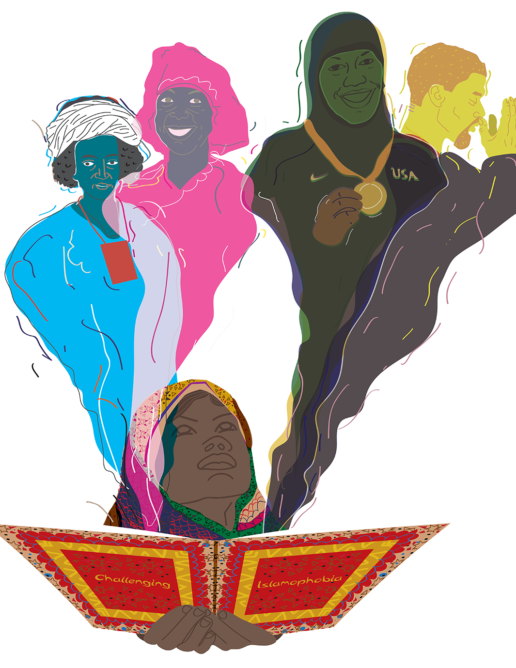
The increasing violence against Muslims, Sikhs, South Asians, and others targeted as Muslim, suggests we, as Americans, are becoming less tolerant and need educational interventions that move beyond post-9/11 teaching strategies that emphasize our peacefulness or oversimplify our histories, beliefs, and rituals in ways that often lead to further stereotyping.
Educator Debbie Wei, co-founder of a folk arts-based school in Philadelphia’s Chinatown, describes her journey—from growing up as the child of Chinese immigrants who never spoke to her in their native language, to advocating for heritage language programs.
Returning to her home country of Okinawa at 13, Moé Yonamine was hit by a teacher for speaking her Indigenous language. She reflects on the history of colonial oppression in Okinawa and the importance of keeping culture and language alive.
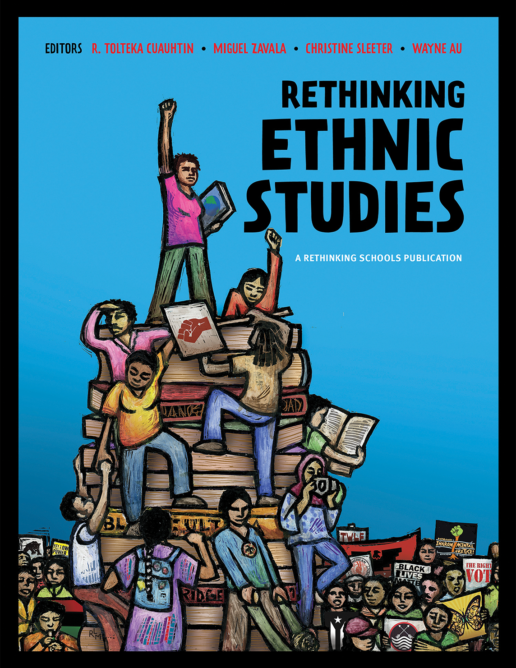
As part of a growing nationwide movement to bring Ethnic Studies into K-12 classrooms, Rethinking Ethnic Studies brings together many of the leading teachers, activists, and scholars in this movement […]